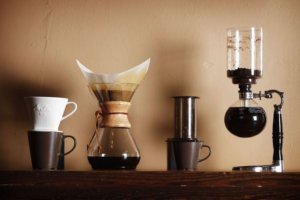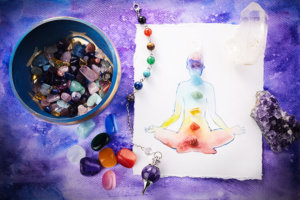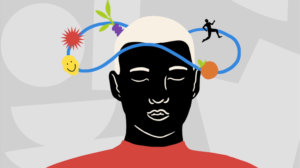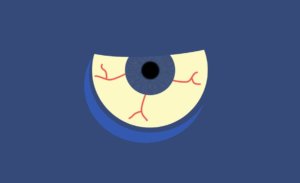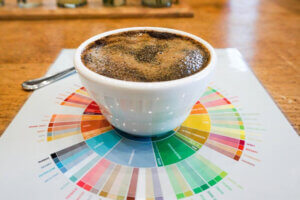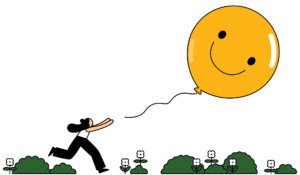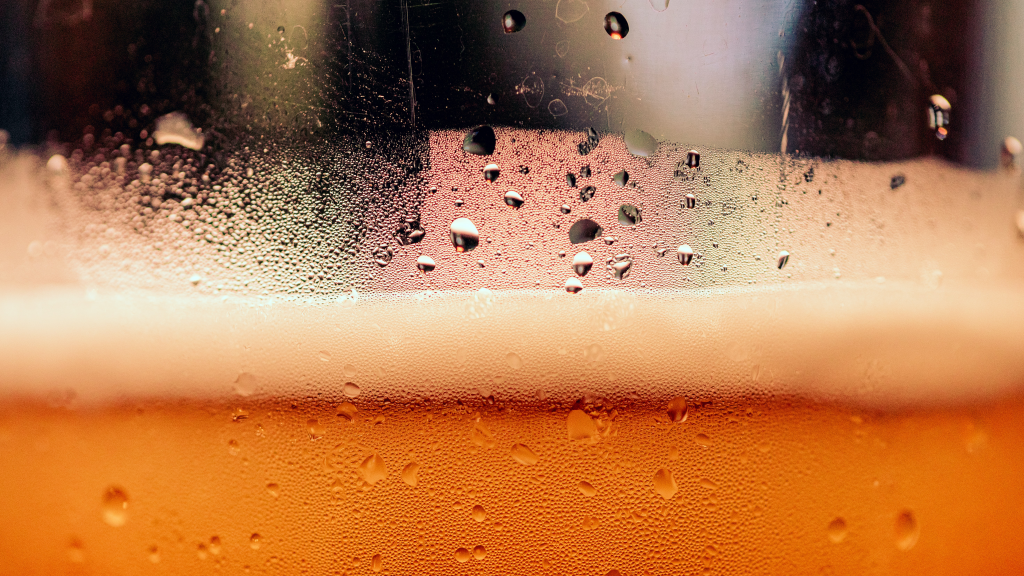
It is perfectly normal to enjoy a drink, but when you eliminate alcohol from your life, the number of improvements you will experience is quite high. “Mental health is just as important as physical health,” says successful psychiatrist Soroya Bacchus, who specializes in addiction. Scientifically speaking, the National Institute on Alcohol Abuse and Alcoholism defines the appropriate dose of alcohol for women as up to three drinks in a 24-hour period and a maximum of seven per week. This amount is determined as 14 for men. Wherever you are in this range, these are the things your body and psychology will experience when you stop drinking:
1 day after:
The answer to this question largely depends on how many alcoholic beverages you had the night before. If you drink water, you can get through the day at a minimum, despite the difficulties on the first day. Conversely, if you’ve decided to prepare to quit, you’ll likely have withdrawal symptoms on day one. As Bacchus explains; Alcohol causes the brain to release the feel-good chemical dopamine. This results in an emotional breakdown the next day. In addition to physical withdrawal symptoms such as restlessness, headaches, dehydration and nausea, be prepared to experience psychological symptoms such as anger, food cravings, anxiety and even depression symptoms.
1 week later:
After about seven days of absence, you will begin to enjoy the mental and emotional benefits. First of all, you will sleep better. This will give you increased energy, improved mood, and a clear mind.
“Although alcohol as a depressant helps you fall asleep faster, it causes poor quality sleep later on,” says the National Sleep Foundation. Alcohol can interfere with REM sleep, exacerbate breathing problems, interrupt your circadian rhythm, and make you feel more restless during the night.
Pre-existing mental health problems such as anxiety and depression are also exacerbated by alcohol. Those who suffer from these may feel more emotionally stable and logical without the drinking and the accompanying hangover. “Because alcohol is a depressant and has a sedative effect, people often use it to unwind,” says Meredith Watkins, speaking for the American Centers for Addiction. “But it can also increase anxiety in just a few hours after consumption.” he adds.
after 1 month:
This is when meaningful reflections and long-term lifestyle changes can come into play. Your sleep quality will be increased, your mood will be stabilized, and your eating disorders will be eliminated. Besides all this, a new window will open in your life. As Bacchus points out, you’ll have more time for self-care and hobbies that you once put on the back burner, rather than drunken get-togethers and wine-filled meals. For example, on Sunday, instead of relaxing after a Saturday night, you might start a new exercise or master a complex recipe.
Finally, abstaining from alcohol can allow you to see what the drink is covering up. Bacchus suggests asking yourself these questions: Am I using alcohol for social relaxation? Am I using it to mask feelings of anxiety or discomfort? Answering openly and honestly can add a new dimension to your relationship with alcohol.


